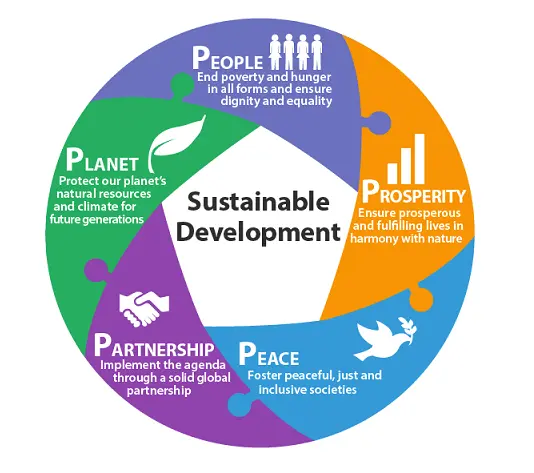A major aspect of improving ‘quality in education’ will be to include religious literacy to mould our students for national integration and global citizenship, contributing to the common good and strengthening social cohesion. Our campuses provide fertile ground for students to envisage their roles in issues of religious diversity and make a lasting impact beyond the sphere of classrooms in the broader social contexts. In this module, we will discuss how our colleges and universities can offer opportunities for all students to enhance interreligious dialogue (IRD) to build meaningful relationships and work together with people from different religious or philosophical backgrounds. We can draw from global best practices on how to build this type of campus culture. In this session we will discuss how there are lots of scopes to increase the quality of education by the institutions through ending prejudices and preconceptions of any faith and beliefs. How we can build trust, respect and harmony in our Indian culture and educational philosophy sketched by Rabindranath Tagore, Aurobindo, Gandhi and other scholars.
Speakers:
1. Key Note Speaker
Sri Arif Mohammad Khan,
Hon’ble Governor of Kerala
2. Dr. Jaspal Singh
Member, National Commission for Minority Educational Institutions, Government of India;
Former Indian High Commissioner to Mozambique and Swaziland
Former Vice Chancellor, Punjabi University, Patiala
3. Dr. Sumit Narula,
Director,
Amity School of Communication,
Amity University Madhya Pradesh, Gwalior
4. Zon Vanel,
Lecturer, Public Relations Program,
Information Technology Department,
Satya Wacana Christian University, Central Java, Indonesia
5. Mr Allen Brooks
Spokesperson, Assam Christian Forum
& former Member of State Commission for Minorities, Assam
6. Vote of Thanks
Prof. K M Baharul Islam
Chair, Centre of Excellence in Public Policy and Government,
Indian Institute of Management Kashipur, India
Moderator:
Dr. Swati Chakraborty
Assistant Professor, Human Rights, TeamLease Ed Tech,
Founder, WebPlatform4Dialogue
International Fellow, KAICIID
Date: 10th December 2021
Time: 10AM to 12PM IST
Registration: online
Source
Image Source
Tags: Sustainable Development and Interreligious Dialogue



